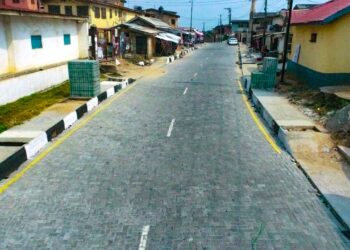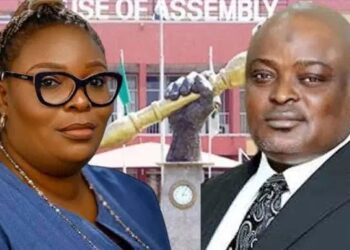The ruling party, All Progressives Congress (APC) has made major moves to settle the rancour between the executive arm of the governmnet and the National Assembly.
The Nation reports that the decision to send senior members of the National Working Committee (NWC) of APC to meet with the leaders of the National Assembly came after lawmakers threaten to override President Muhammadu Buhari’s veto on the Electoral Act amendment.
The national party Chairman John Odigie-Oyegun, Nigerian Governors’ Forum (NGF) Chairman Abdulaziz Yari and other leaders of the party had intervened through meetings with Presidency officials and National Assembly’s leaders.

A party leader said: “Yari has held four sessions with the Senate President. This is to underscore the fact that the party leadership and other national leaders of the party have intervened.”
A senator, who pleaded to be anonymous, said: “The party leaders and national leaders have been going forth and back to bring the two arms to the same table for talks. All the shuttles by these leaders actually laid the foundation for Thursday’s session with the president by the National Assembly leaders.
“Apart from the budget and security matters, the president skipped many contentious issues, including the disagreement over amendments to the Electoral Act, especially Order of 2019 Elections.
“So far, the Assembly leaders have made some demands, but the president is yet to give anything in return. No appreciable concessions.
“Democracy is about give and take, but we are yet to get concrete commitments from the president, apart from the directive to Ministries, Departments and Agencies (MDAs) to submit budget details.”
Earlier, Bukola Saraki, the senate president and Yakubu Dogara, the speaker, House of Representatives, said on Saturday, March 17 that they are united in opinion concerning the amendment to the Electoral Act regarding the 2019 general elections’ sequence.
Both presiding senators, who were responding to allegation that there was a disagreement between them over how the two chambers of the federal legislature will react to President Muhammadu Buhari’s refusal to give his assent to the Electoral Act Amendment Bill, maintained that they shared the same views.








